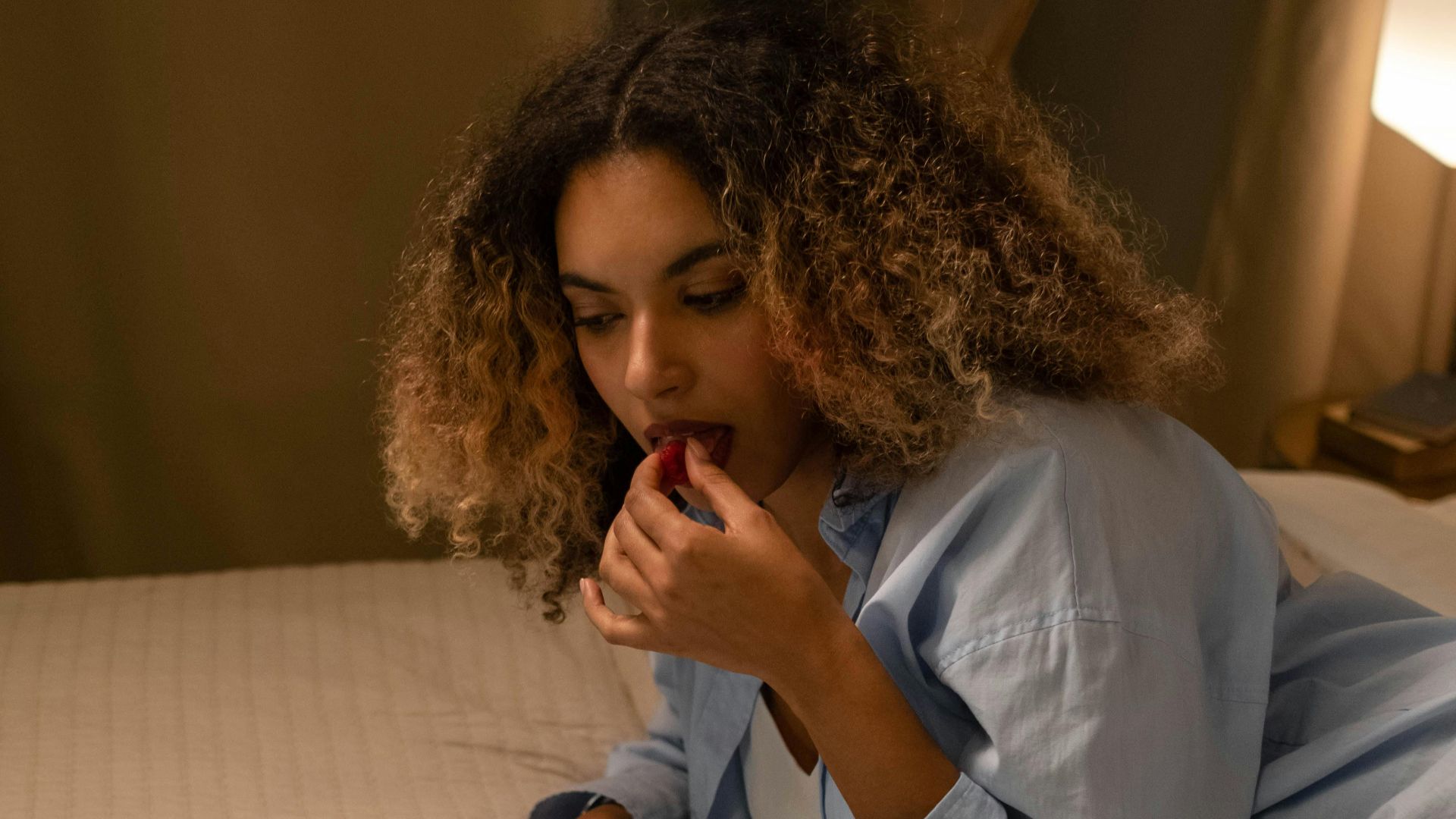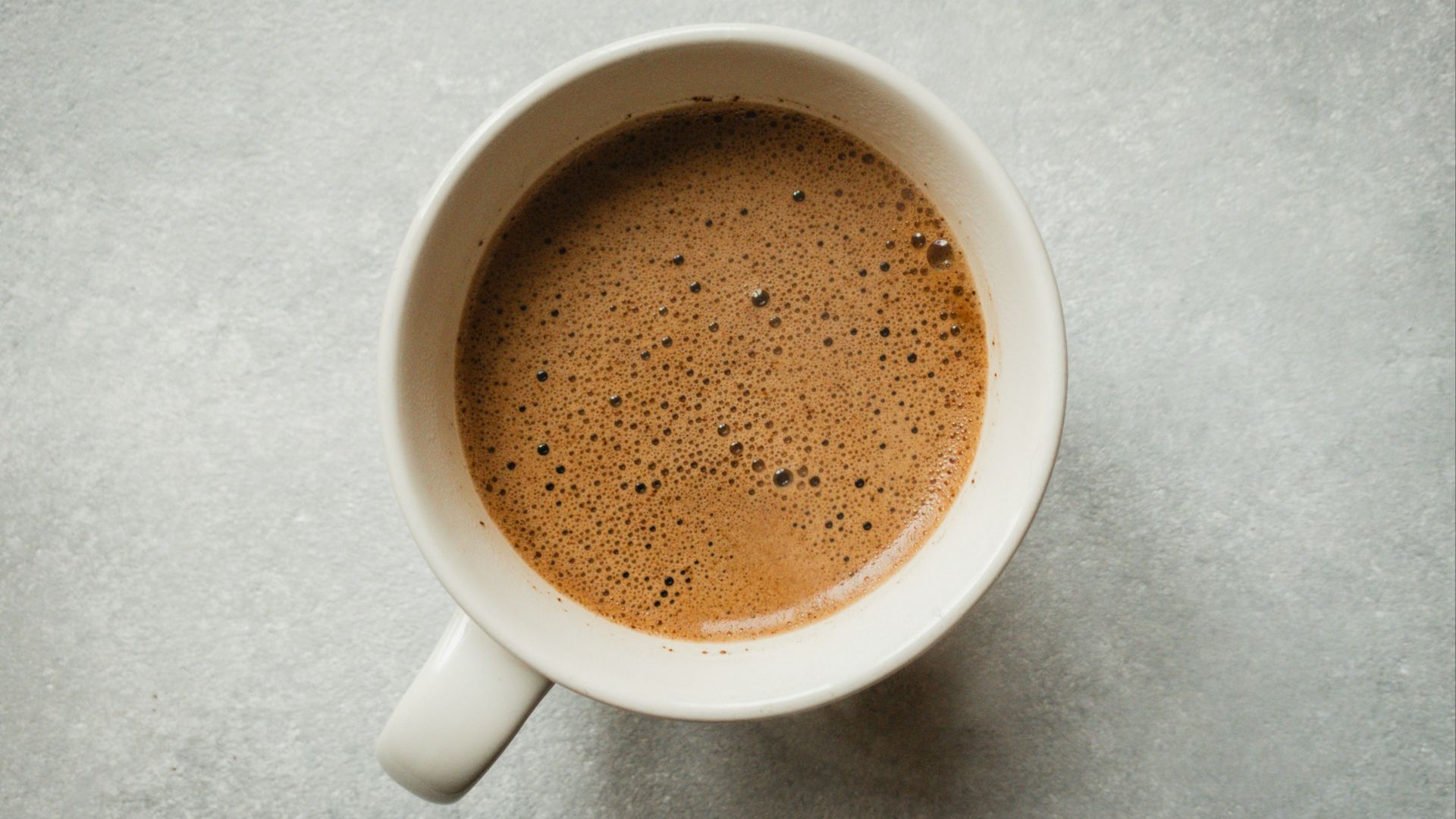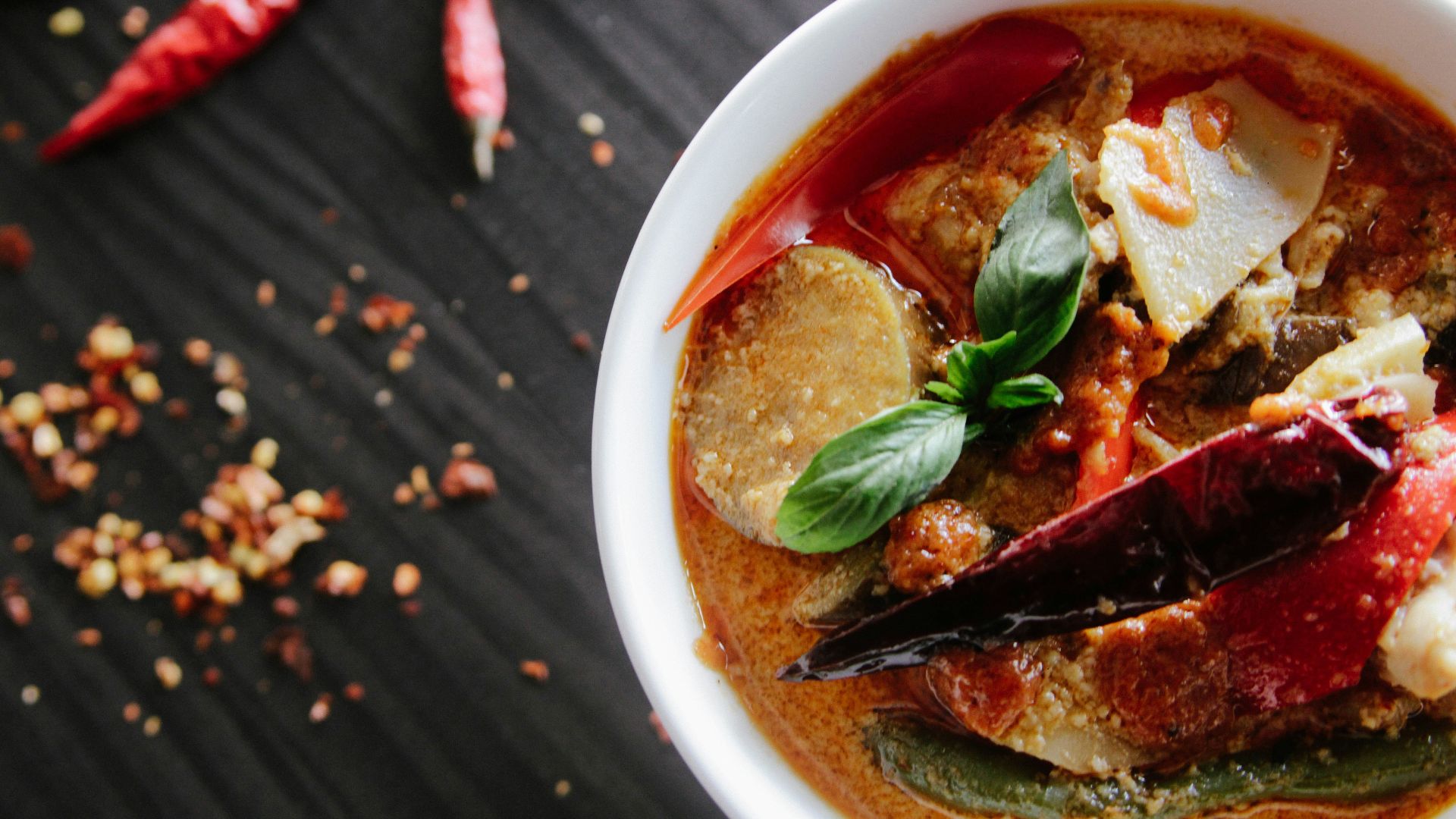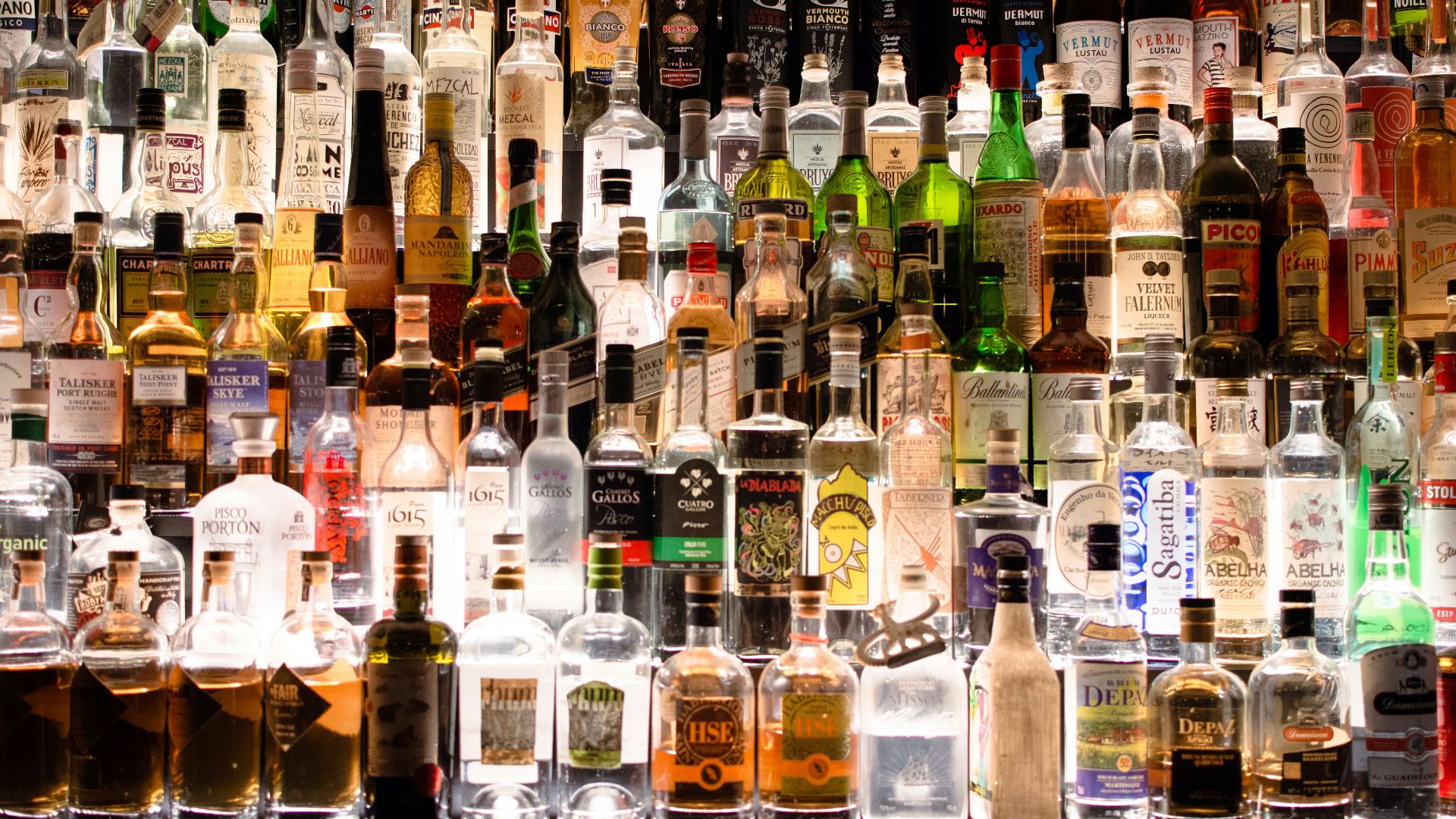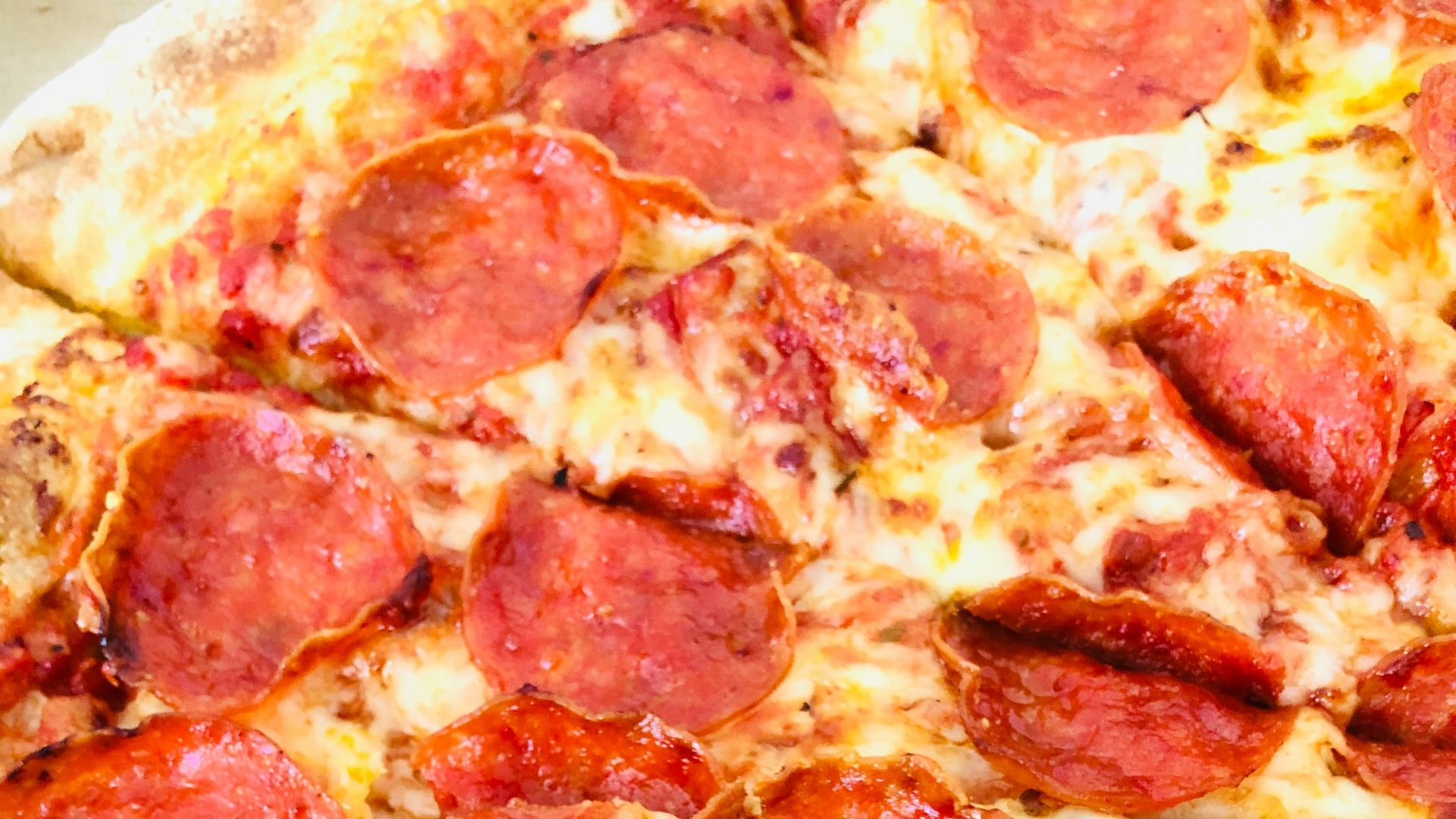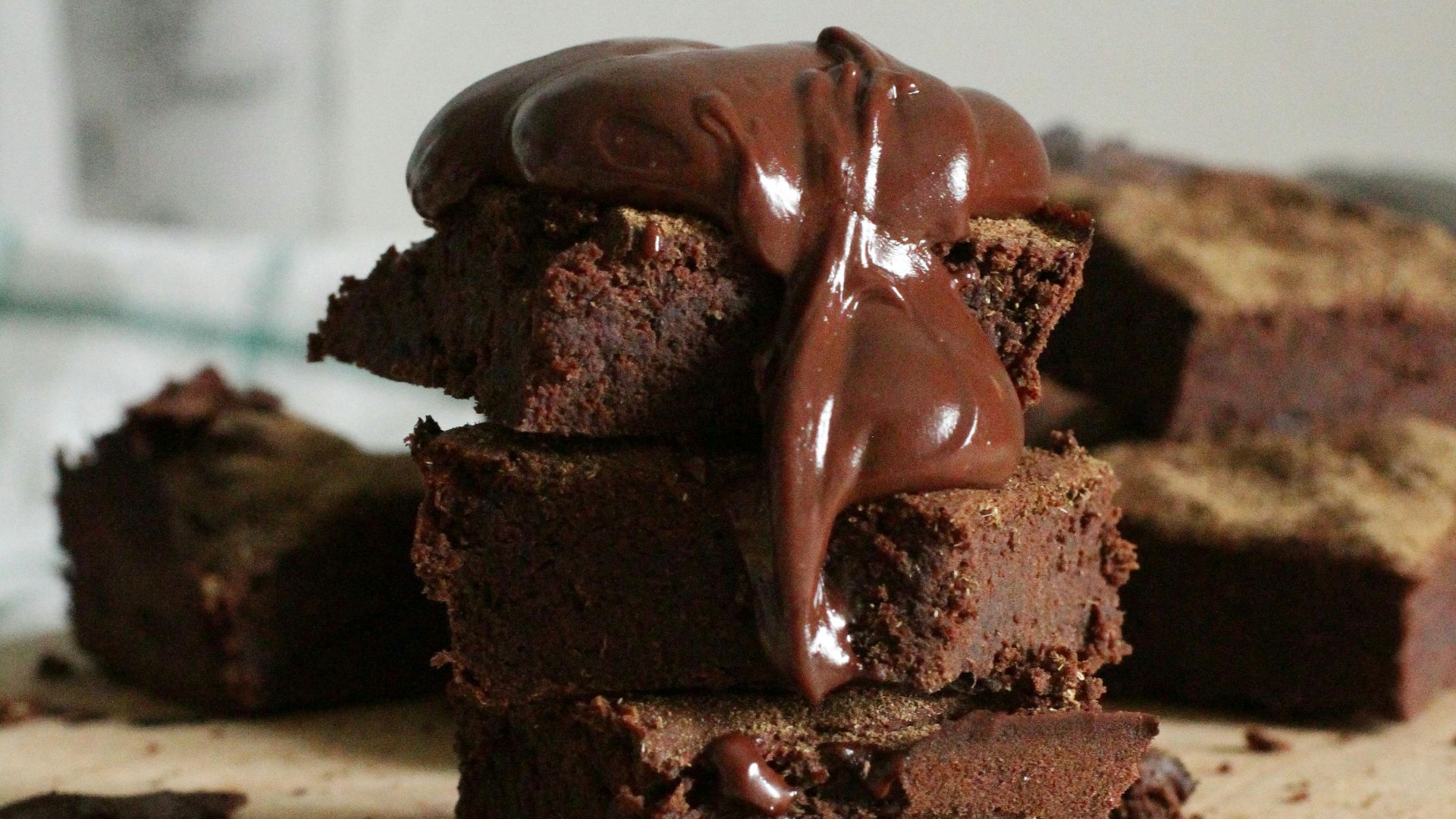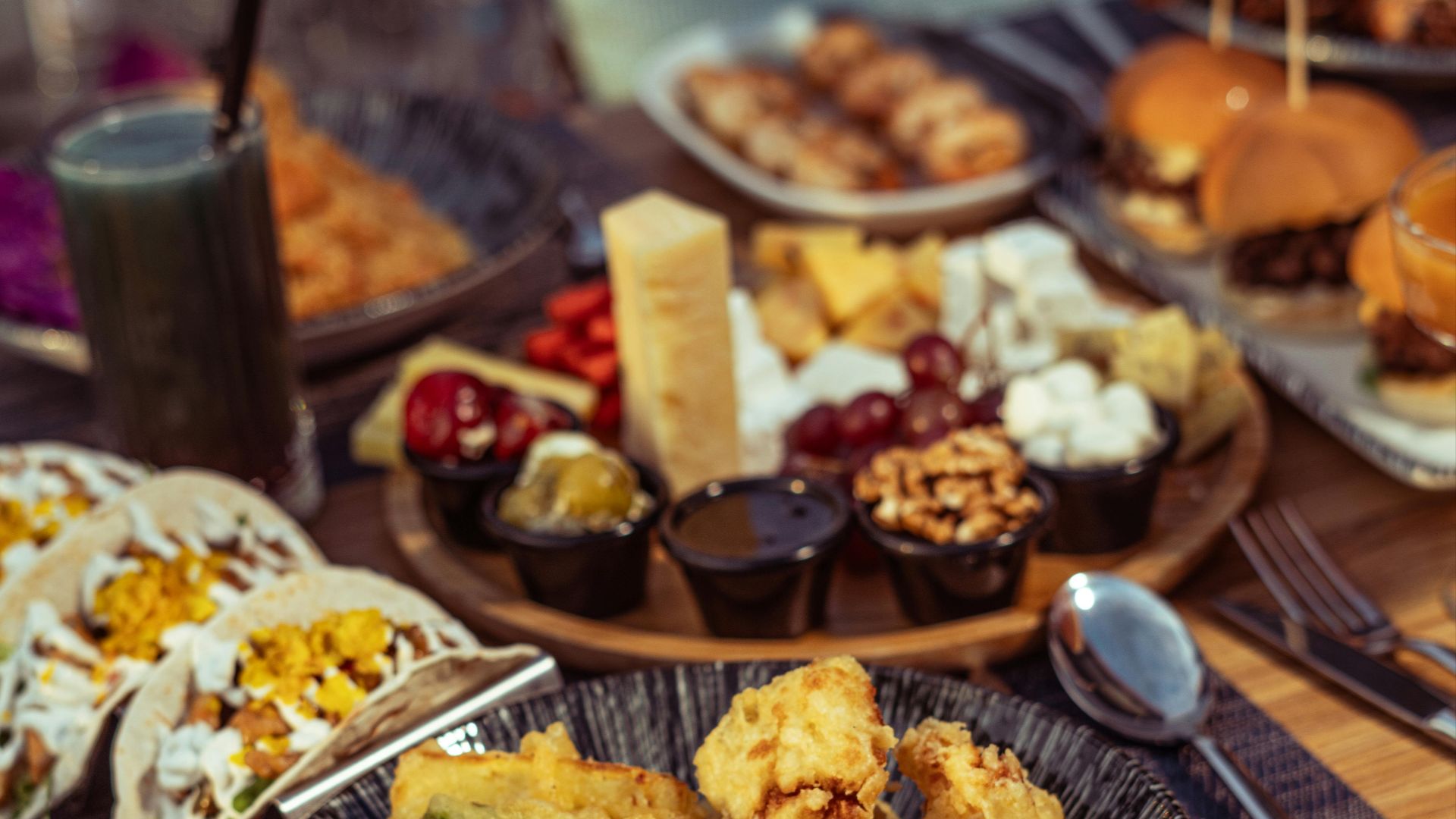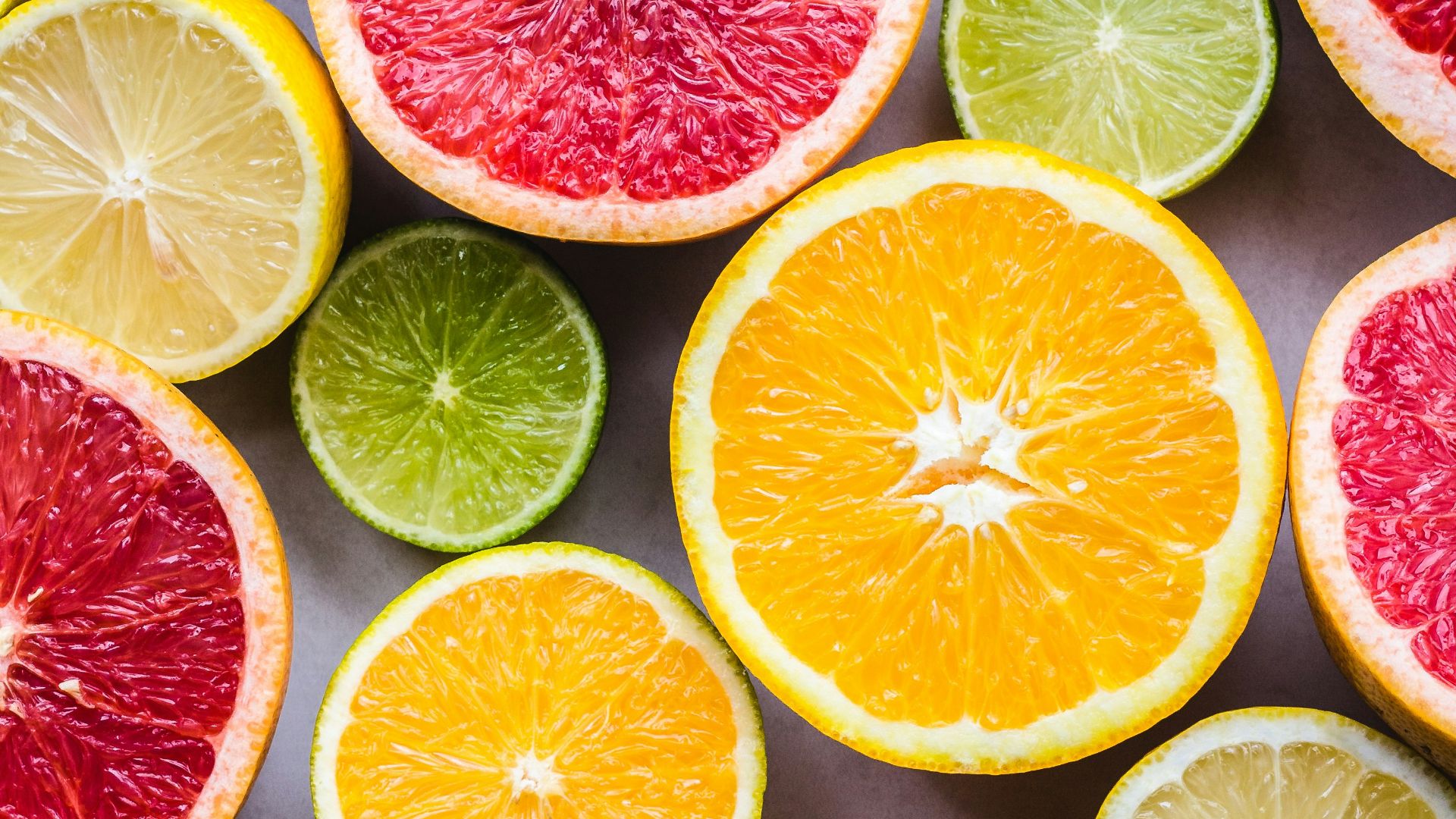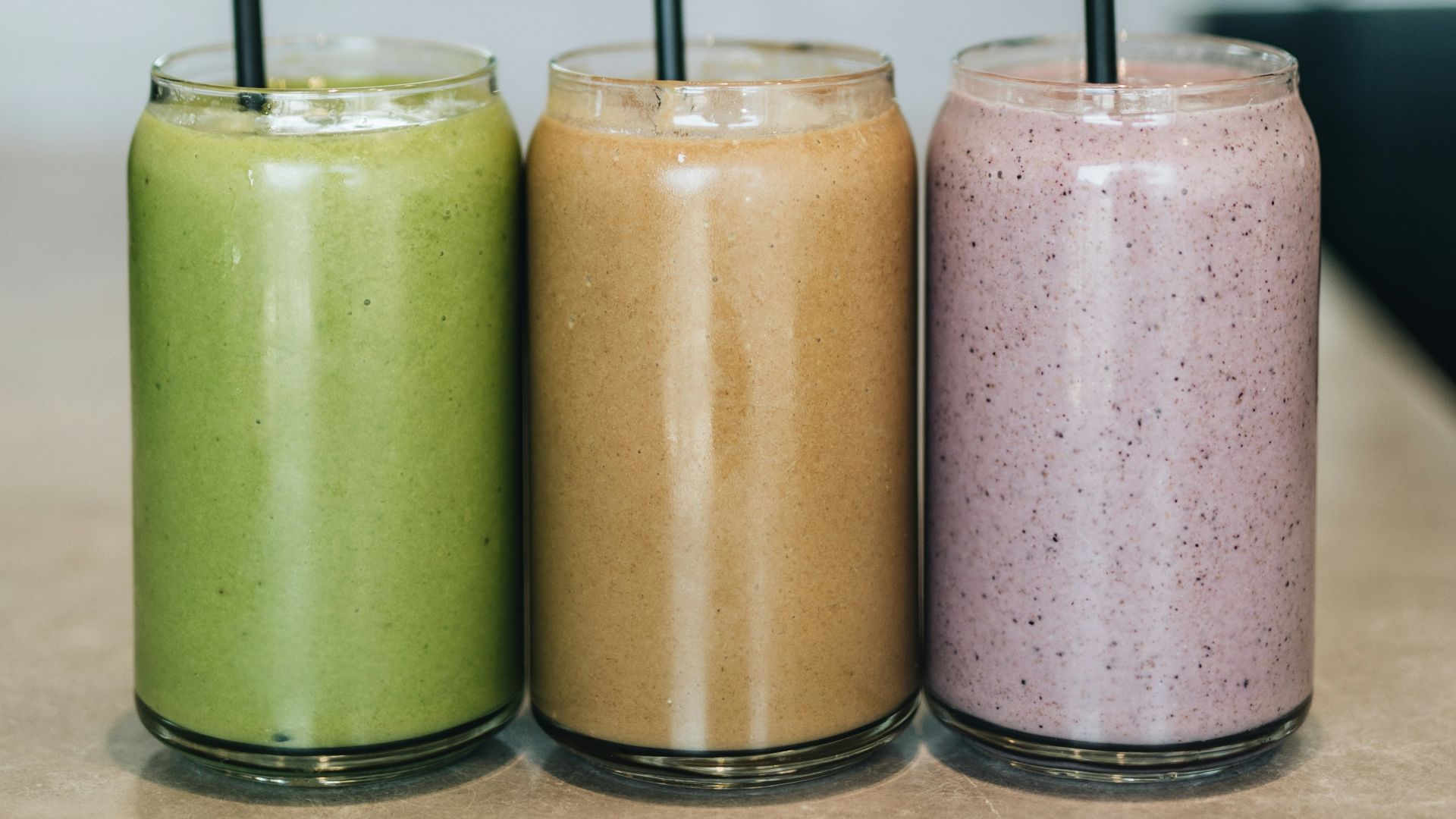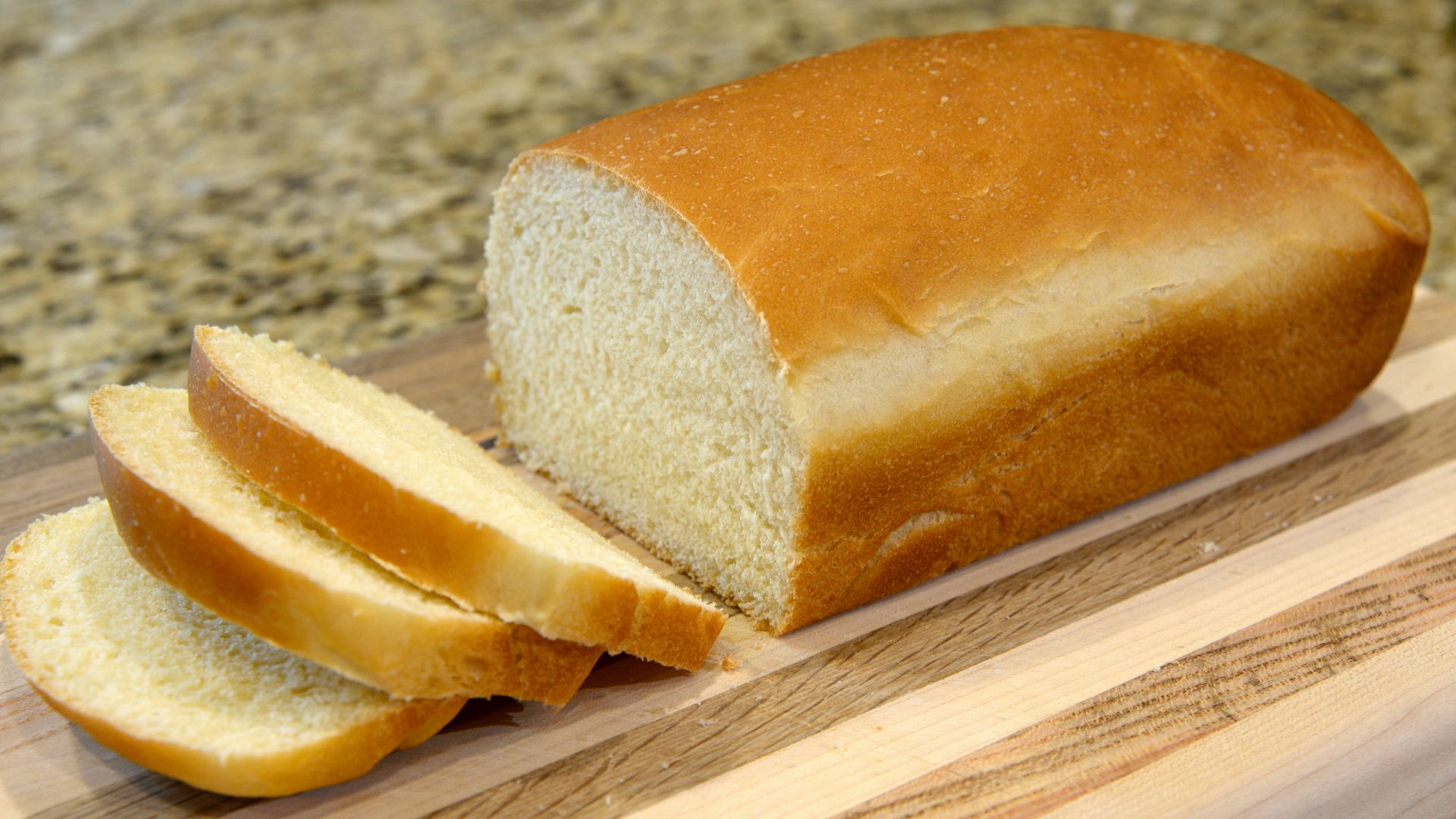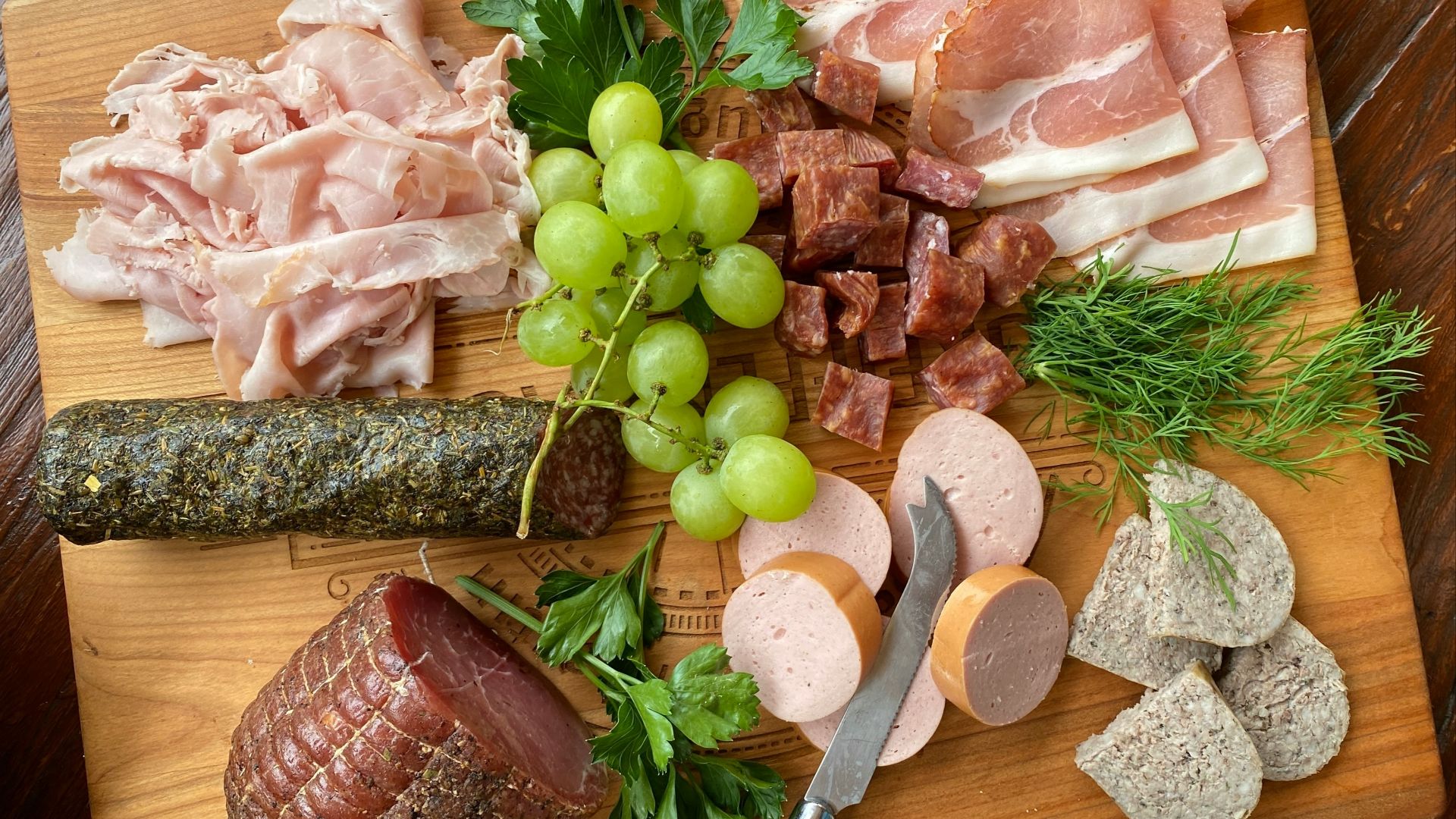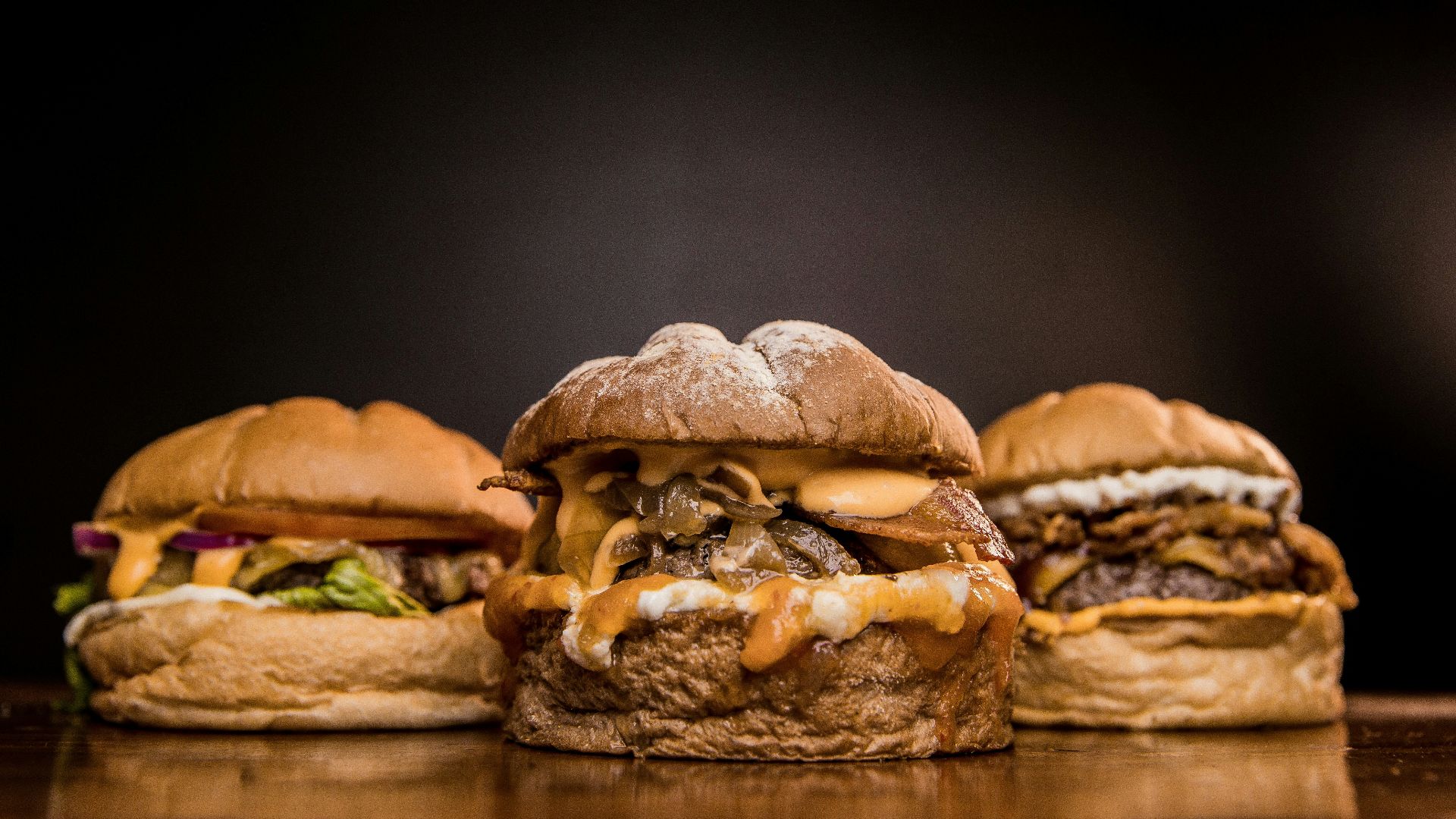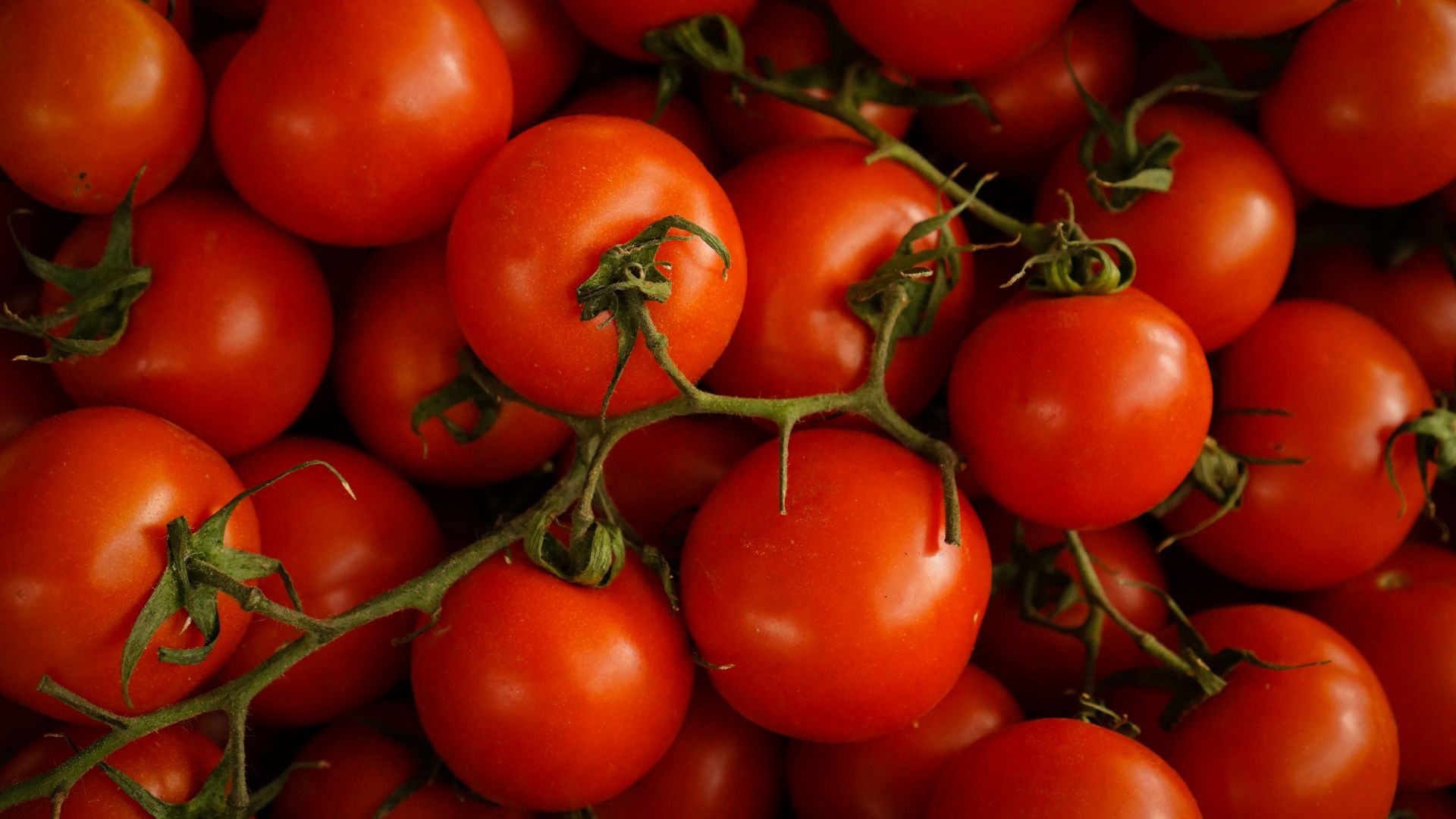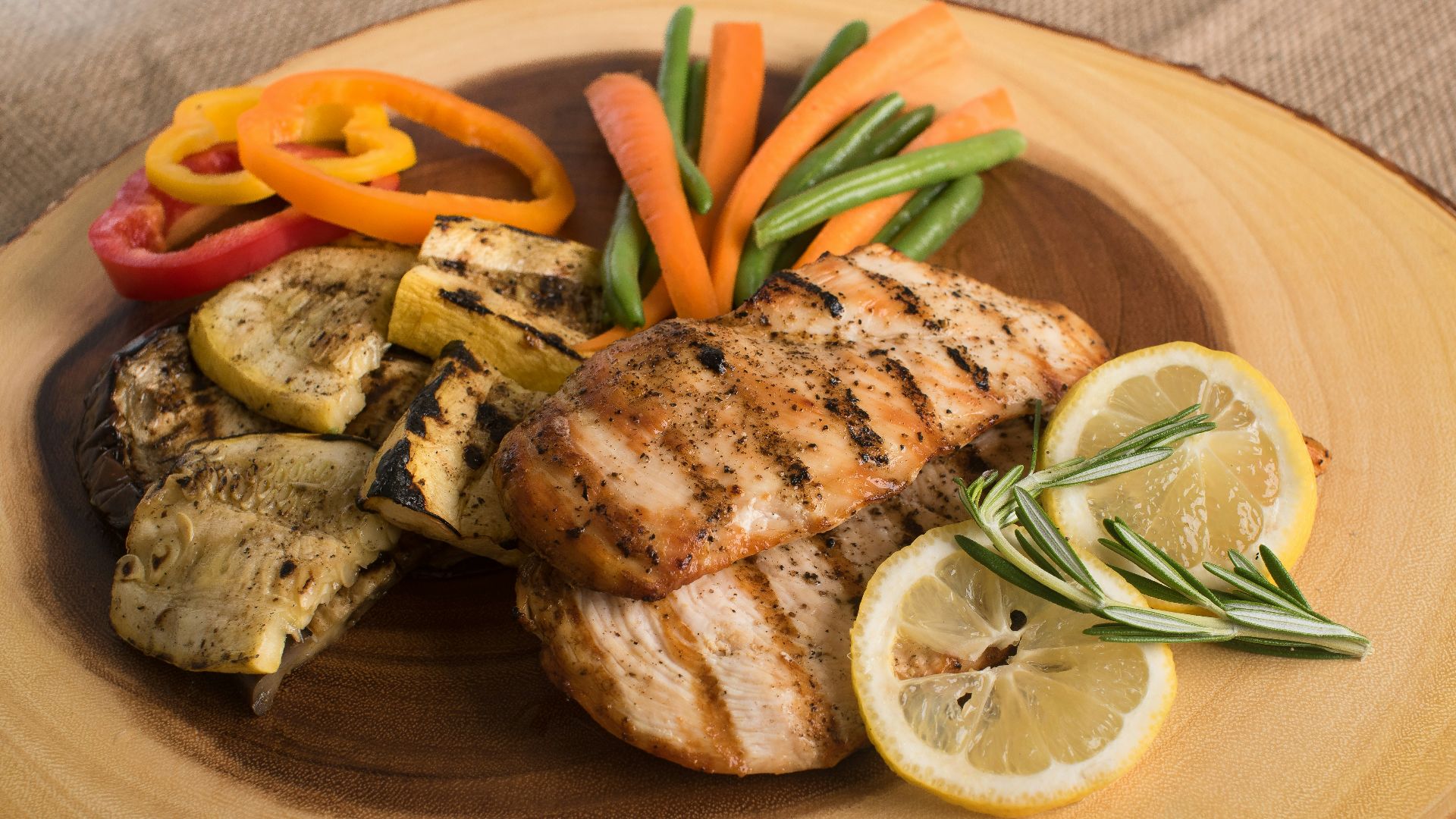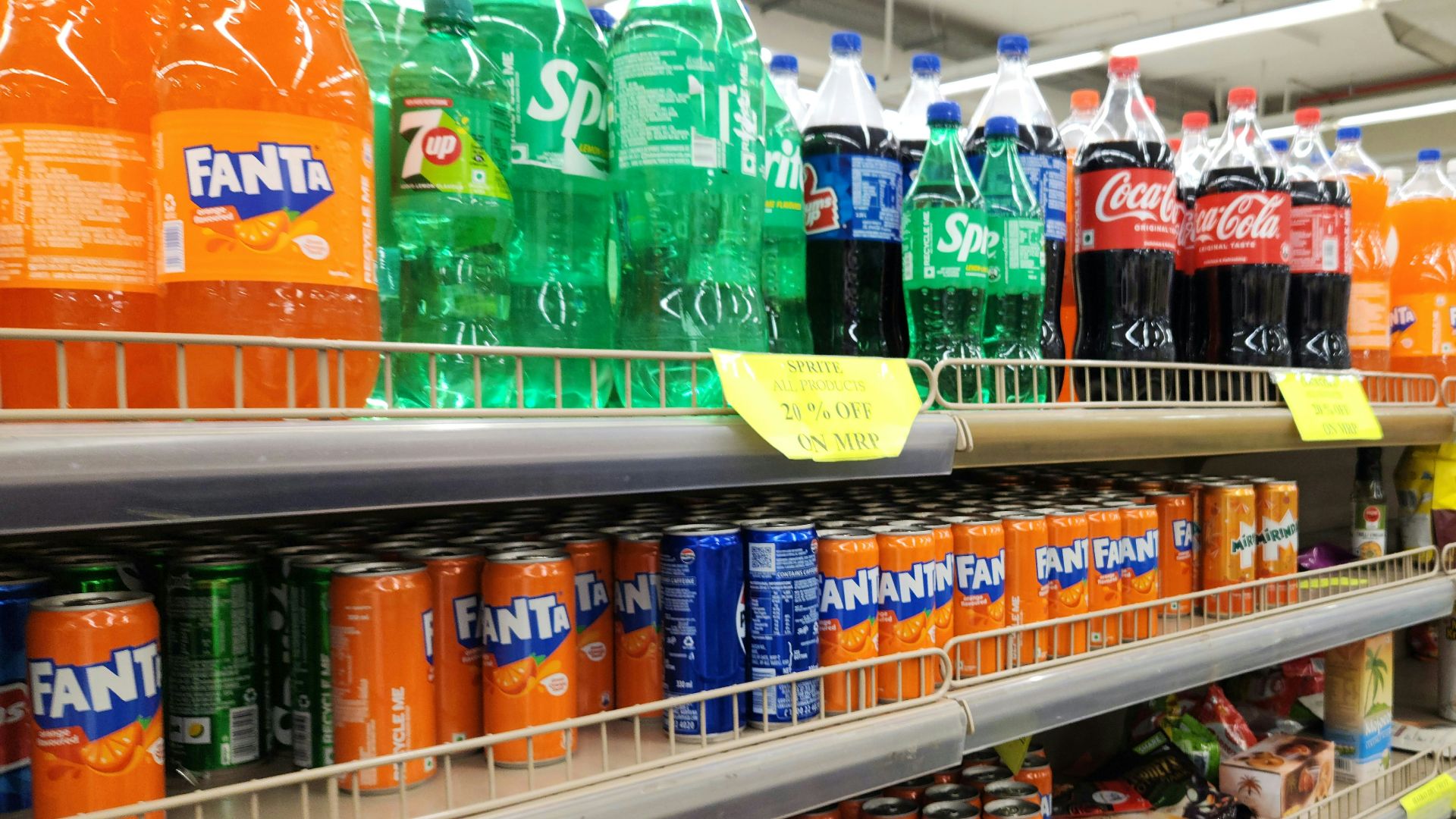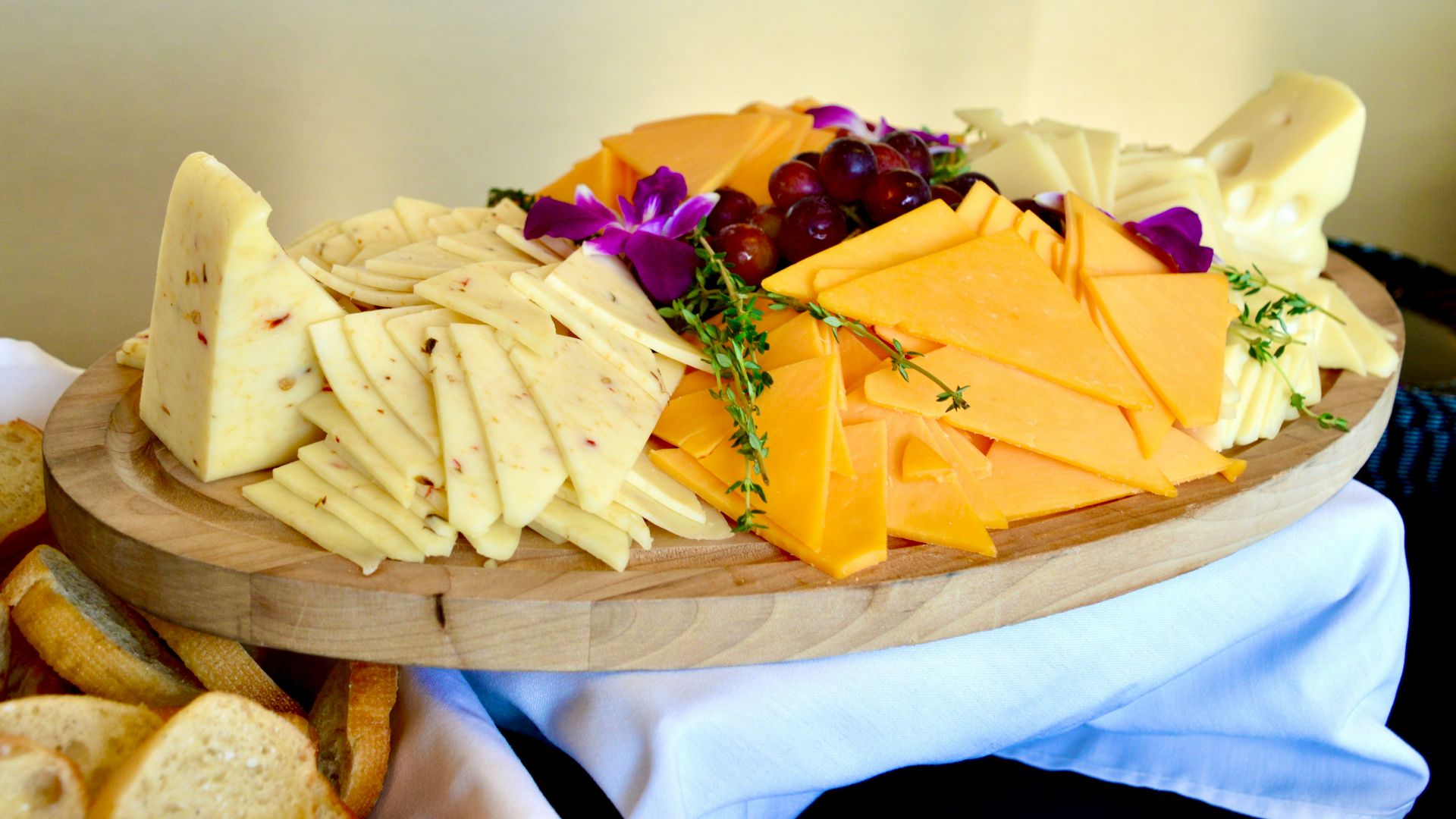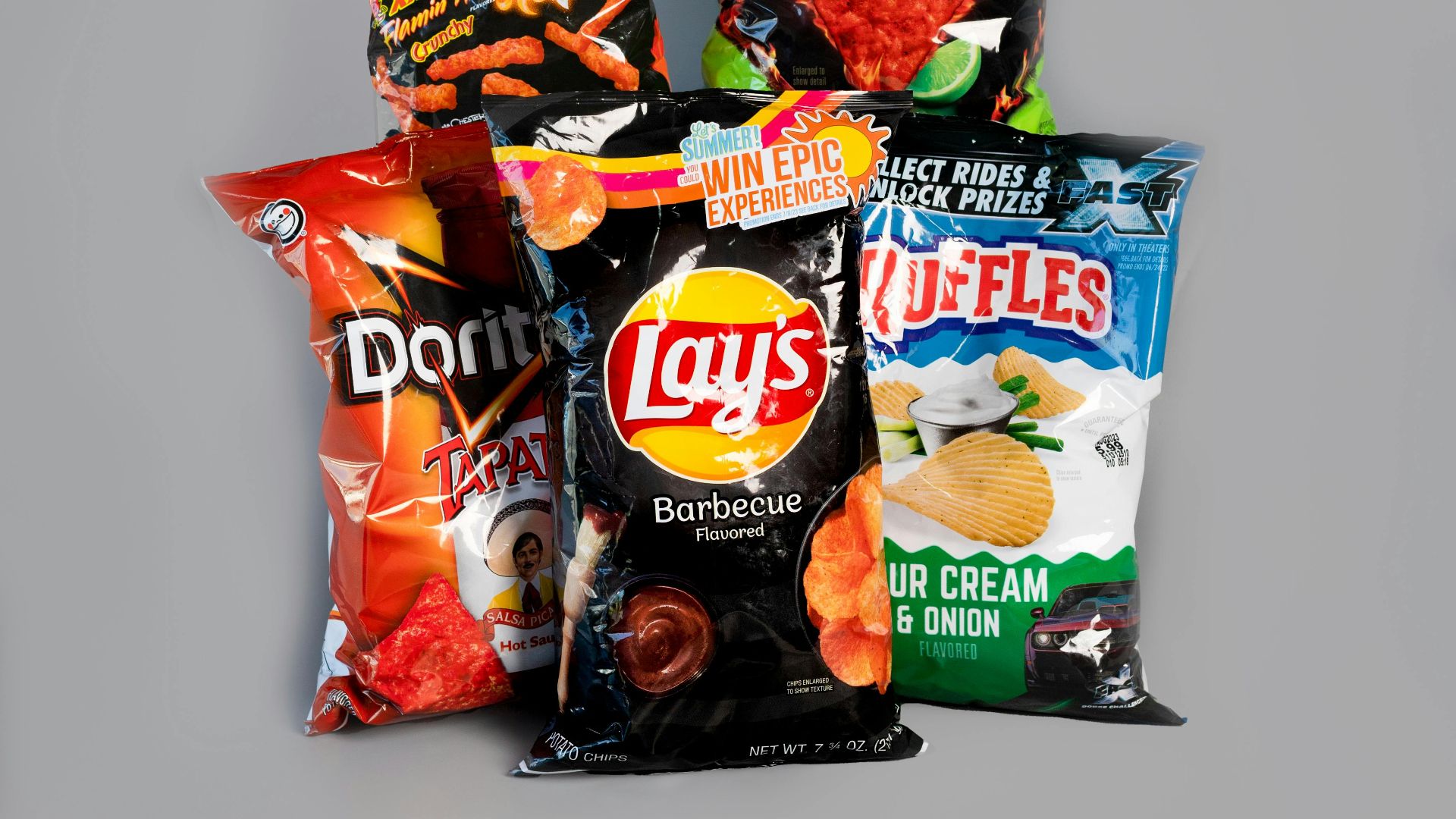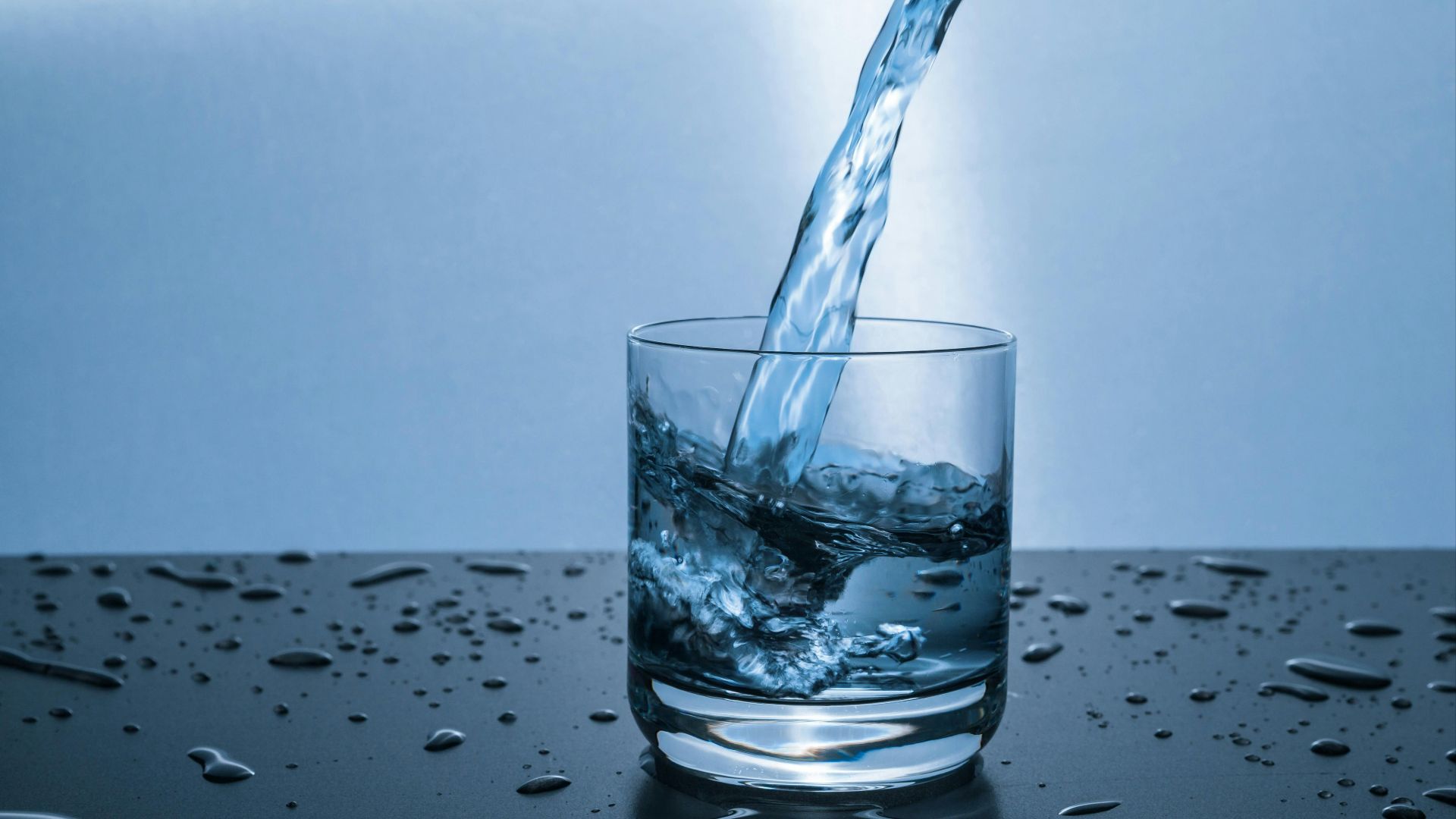Are You Eating Your Way Out Of Sleep?
Were you aware that your pre-bedtime routine also included food? For some, cutting caffeine or sugar is a common enough occurrence to ensure the most restful slumber possible, but there’s actually a wide range of foods that can cause sleep disturbances. If you’ve been feeling like you’re not achieving the best sleep possible, you may want to think about what’s going on in your body before hitting the hay.
1. Caffeine
Getting the most obvious answer out of the way, consuming caffeine even a few hours before bed can really mess up your sleep-wake cycle. Caffeine is chock-full of a sleep-regulating molecule known as adenosine, so it's best to cut back on any caffeinated products by around 2 pm.
2. Spicy Foods
Eating spicy food close to bedtime will mess with your body in a couple of different ways. Spice raises a chemical known as capsaicin in your body, which elevates your body temperature. This can affect your body’s natural drop in temperature that’s required for you to fall asleep. It can also cause acid reflux, heartburn, and indigestion, preventing restful sleep.
3. Alcohol
It can be easy to fall asleep after a night of drinking, but you may not be getting the most restful sleep. Alcohol disrupts the release of melatonin and can also obstruct your breathing, leading to snoring or worsened sleep apnea.
4. High-Fat Foods
Indigestion, acid reflux, or general discomfort—take your pick. Foods that are high in saturated and trans fats are often linked to shorter and lighter sleep times and will often cause more disruptions throughout the night.
5. Chocolate
Whether you’re a dark or milk chocolate enjoyer, either option could prevent you from getting a good night's sleep. Aside from the caffeine, dark chocolate contains a stimulant called theobromine, which can increase the heart rate. Milk chocolate, on the other hand, has a high amount of fat and sugar, which can increase blood pressure and energy spikes that disrupt your sleep cycle.
6. Cruciferous Veggies
While they’re good for your body, they’re not good for sleep. Veggies like broccoli, cauliflower, and cabbage take a long time to digest, so eating a late dinner right before bed will keep your body running on high while you’re trying to get your rest.
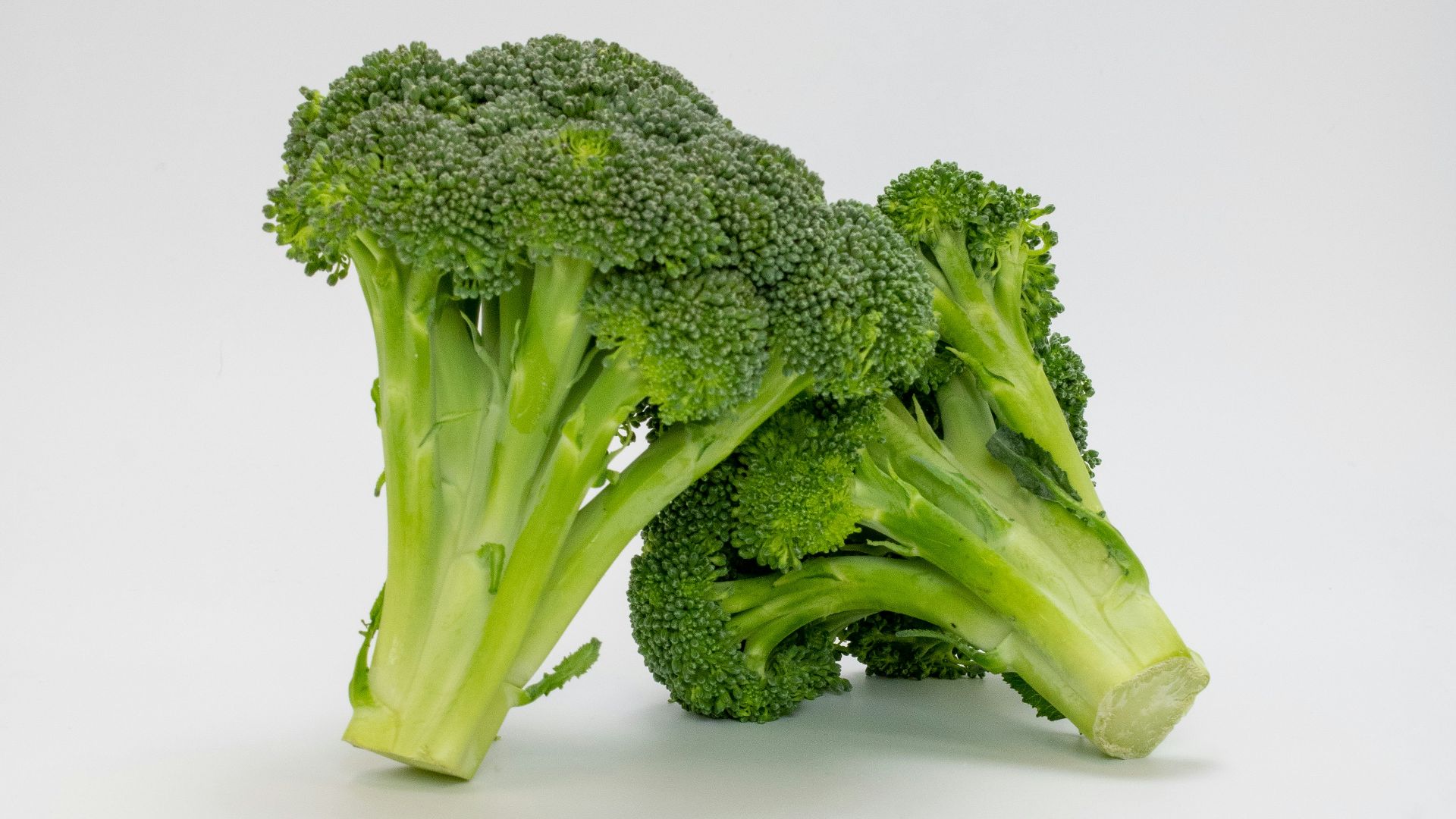 Katherine Jenswold on Unsplash
Katherine Jenswold on Unsplash
7. Sugary Foods
If you’re eating high-sugar foods before bed, chances are you’ll wake up during the night. This is due to your body going through a sugar spike and subsequent crash, leaving you restless, hungry, or thirsty when you should be in a deep sleep. Sugar can also cause an increase in cortisol and adrenaline, which will affect your ability to go to sleep.
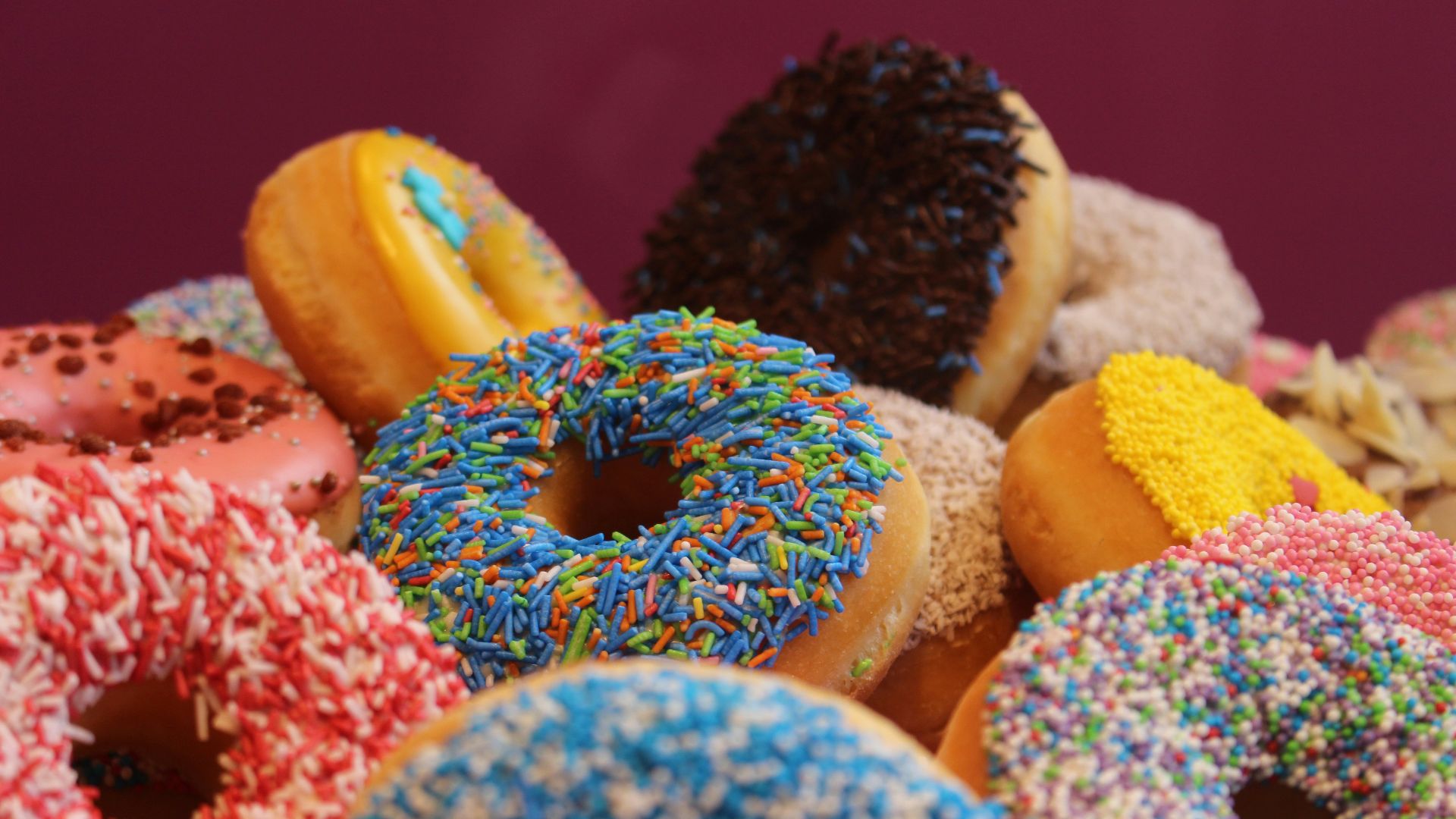 ELISA KERSCHBAUMER on Unsplash
ELISA KERSCHBAUMER on Unsplash
8. Acidic Foods
Super acidic foods can irritate your stomach, leading to heartburn and acid reflux, or indigestion. These symptoms are only amplified when you lie down, as your body’s natural gravity shifts a whole 90 degrees.
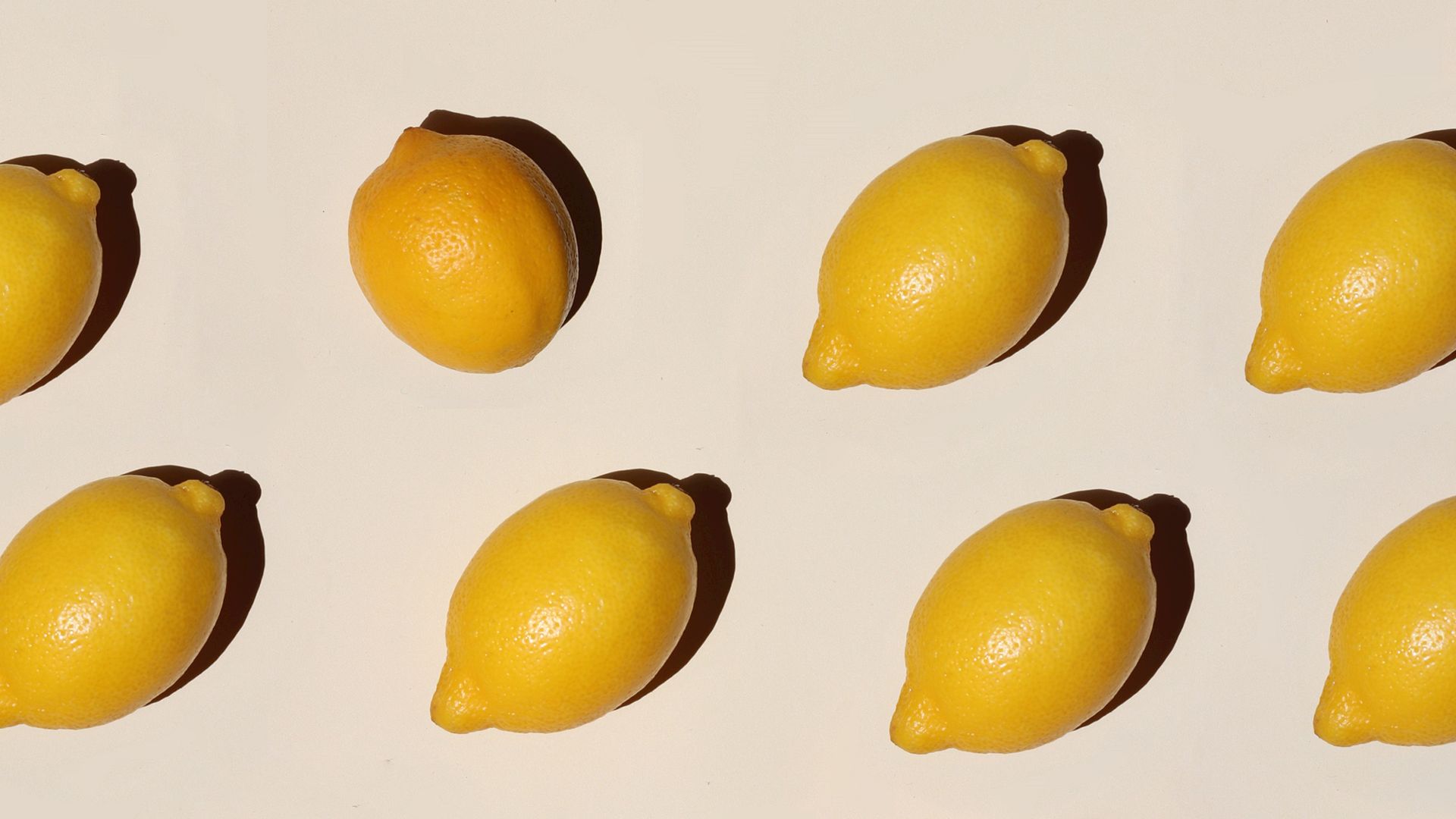 Angélica Echeverry on Unsplash
Angélica Echeverry on Unsplash
9. Heavy Meals
Not necessarily a food, but more of a general warning. Eating a large meal before bed impacts your sleep due to your body’s need to digest the large amount of food. It’s generally recommended to avoid eating heavy meals at least 3 hours before you go to sleep to avoid any potential discomfort.
10. Citrus Fruits
Citrus fruits are acidic, so we already know that they could have potential irritating effects on your body. Furthermore, these fruits can have a diuretic effect, meaning that nature could call when you’re supposed to be sleeping soundly.
11. Smoothies
If you have a sleep-focused smoothie that’s one thing, but regular store-bought smoothies are full of caffeine and sugar. This popular drink will get your heart rate pumping, your blood sugar spiking, and your cortisol rising, leaving you woefully unprepared for a restful night of sleep.
12. White Bread
White bread has a high glycemic index, meaning that it's digested quickly and causes a rapid increase in blood sugar levels. This will trigger your body to release insulin, adrenaline, and cortisol, making you a little too awake and aware to slumber peacefully.
13. Aged Or Cured Foods
A lot of aged or cured cheeses and meats contain the compounds tyramine and histamine, two chemicals that tend to stimulate the brain and nervous system, not to mention their high amounts of sodium. This chemical combination is great for a small mid-day pick-me-up, but shouldn’t be consumed while you’re trying to wind down.
14. Ultra-Processed Foods
Where to even begin? Ultra-processed foods have very few beneficial nutrients, are incredibly high in sugar, saturated fat, and sodium. These foods are not only linked to poor sleep quality but also obviously affect physical and mental health.
15. Tomatoes
Tomatoes are a high-acidic fruit that also triggers the release of the chemical tyramine, so you could be suffering from acid reflux and increased brain activity. They also contain something called glycoalkaloids, a natural defence mechanism for plants, that can cause insomnia symptoms to occur in some folks.
16. High-Protein Foods
Like fiber and complex carbs, protein also takes a fair amount of time to digest in the body, interfering with one's sleep cycle. Protein can also contain tyramine, which blocks out sleep-inducing chemicals within your brain, stimulating your mind and increasing your heart rate.
17. Carbonated Drinks
Our favorite fizzy drinks are full of caffeine, sugar, and carbonation, resulting in an uncomfortable, lengthy period of time to try and fall asleep. While certain carbonated beverages are better than others, like soda water, for instance, it’s probably best to enjoy an herbal tea instead.
18. Cheese
Like proteins, cheeses also contain the amino acid tyramine, which we all know by now disrupts sleep. The high fat content also found in most cheeses can make sleeping uncomfortable, either through digestion or by gas and cramping.
19. Salty Snacks
Consuming high amounts of salt increases your body’s blood pressure and fluid retention, leading to more frequent waking throughout the night. This could be due to an already restless sleep, as well as a more frequent need to urinate.
20. Water
It’s a fine line between just enough and too much water. Not enough water can leave you dehydrated, leading to poorer quality sleep. However, excessive water intake can lead to frequent urination, which can interrupt your sleep cycle.
KEEP ON READING

10 Pre-Workout & 10 Post-Workout Tips To Follow



